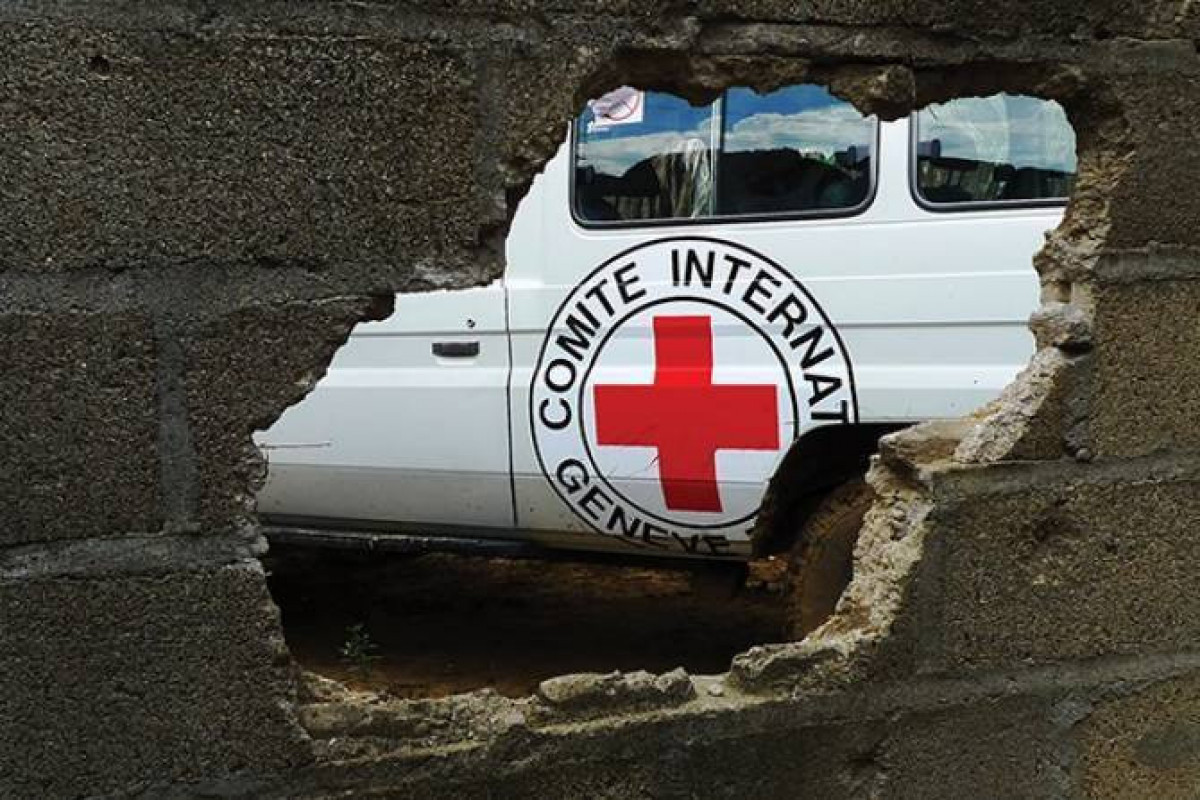In recent days, the world's leading media outlets have again drawn attention to the strained West-Russian relations. Thus, after Biden came to power, new shades are emerging in Washington-Moscow and Brussels-Moscow relations. Navalny's arrest in Russia has led to another round of Western sanctions. Thus, on March 2, the European Union first imposed sanctions on the heads of a number of Russian law enforcement agencies. Among them are Prosecutor General Igor Krasnov, the head of the Investigative Committee Alexander Bastrykin, the head of the Federal Penitentiary Service Alexander Kalashnikov and the head of the Rosguardia Viktor Zolotov.
The US Treasury Department has imposed sanctions on seven Russian officials. FSB Director Alexander Bortnikov, First Deputy Head of the Russian Presidential Administration Sergei Kiriyenko, Prosecutor General Igor Krasnov, Head of the Federal Penitentiary Service Alexander Kalashnikov, Deputy Defense Ministers Alexei Krivoruchko, Pavel Popov, and the head of the Kremlin's Internal Policy Department Andrei Yarin were sanctioned.
The US Department of Commerce has also joined the sanctions, blacklisting several companies, including nine in Russia, three in Germany and two in Switzerland. In addition, sanctions were imposed on three Russian research centers. In turn, Moscow said it would respond to sanctions.
Earlier, US State Department spokesman Ned Price said that Washington was working closely with Brussels and other allies on human rights in Russia, especially in the case of Alexei Navalny. According to him, the United States gives these problems "urgent priority" status.
Putting aside the above excuses, it is clear that the West's imposition of new sanctions on Russia is not about human rights in the country or the arrest of any opposition figure. For several years now, against the background of geopolitical confrontation, various sanctions have been imposed on Moscow in the context of various issues. The goal is to put pressure on the Kremlin's foreign policy behavior and remove Moscow's obstacles to US foreign policy in Russia's immediate vicinity.
Apparently, the United States insists on using various forms of pressure on Russia, including sanctions. This means that, unlike in the Trump era, this time Washington does not intend to back down in its relations with Moscow.
In fact, all this was expected. During the election campaign and in the aftermath of the inauguration, the new US President Joe Biden gave the message that his country would return to world politics. He said the White House would gradually regain all the positions the United States had lost in international politics.
It is no coincidence that some time ago, US President Joe Biden sent harsh messages to the Kremlin on the 7th anniversary of the annexation of Crimea to Russia. Biden said Washington would never recognize Crimea as part of Russia. "Crimea belongs to Ukraine," he said. The United States will never recognize Russia's annexation of Crimea and will stand by Ukraine in these matters. We will try to bring Russia to justice for violations in Ukraine. "The United States still believes in Ukraine and we support all those who work for a peaceful, democratic, and prosperous future for their countries."
Naturally, the strained relations between Washington and Moscow, the West and Russia will accelerate the struggle of the hegemons in the South Caucasus region. In this situation, the think tanks of Azerbaijan must analyze how stable and sustainable the latest developments in our region will be against the background of the new phase of the Cold War. Ongoing street rallies between the opposition and the government in Georgia and Armenia and attempts to change the government will require flexible decisions from the two most important poles of the world in the coming weeks to address the interests of their countries.
In late February, the head of the Collective Security Treaty Organization, Anatoly Sidorov told reporters that the increase in military cooperation between Georgia and NATO could have a negative impact on the situation in Nagorno-Karabakh. According to him, after the meetings of Georgian and NATO leaders in Brussels in 2020, a package of NATO-Georgia measures was added to the cooperation and an agreement was reached to increase the number of combat training events in 2021. The package also includes financial assistance to Tbilisi to increase the number of Allied ships visiting Georgian ports and bring the Georgian Armed Forces up to NATO standards. "This military action will help maintain tensions in the Caucasus and reduce the level of regional security," said the CSTO Joint Chiefs of Staff.
Anatoly Sidorov's statement highlights Moscow's possible future goals for the region. This means that one of the main goals for Russia will be to further strengthen its military and political presence in Abkhazia, South Ossetia, and Armenia in exchange for the possibility of strengthening NATO on the eastern shores of The Black Sea. If events unfold in this direction, the formation of new unions in the region is one of the key issues. This means that an alliance with Turkey is essential for both the West and Russia to gain an advantage in the South Caucasus. This suggests that in the coming weeks, steps are expected to be taken to develop relations on the Washington-Ankara and Brussels-Ankara lines. Of course, for both the Kremlin and the White House, the need to further develop relations with Turkey will automatically lead Russia and the United States to take into account the interests of Azerbaijan around Karabakh. It is no secret that for at least the last 102 years, the "Armenian issue" has had a special place in regional politics in the context of geopolitical competition and conflict of interests. With the liberation of Azerbaijani lands from occupation as a result of the 44-day war, new geopolitical relations were formed in the region. Now all the forces that want to realize their interests in the region can do so only through official Baku.
Zaur Mammadov,
senior lecturer at the Academy of Public Administration under the President, chairman of the Baku Political Scientists Club


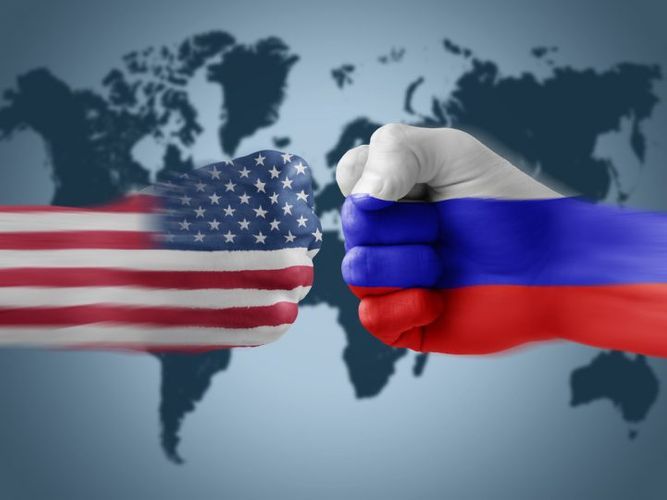
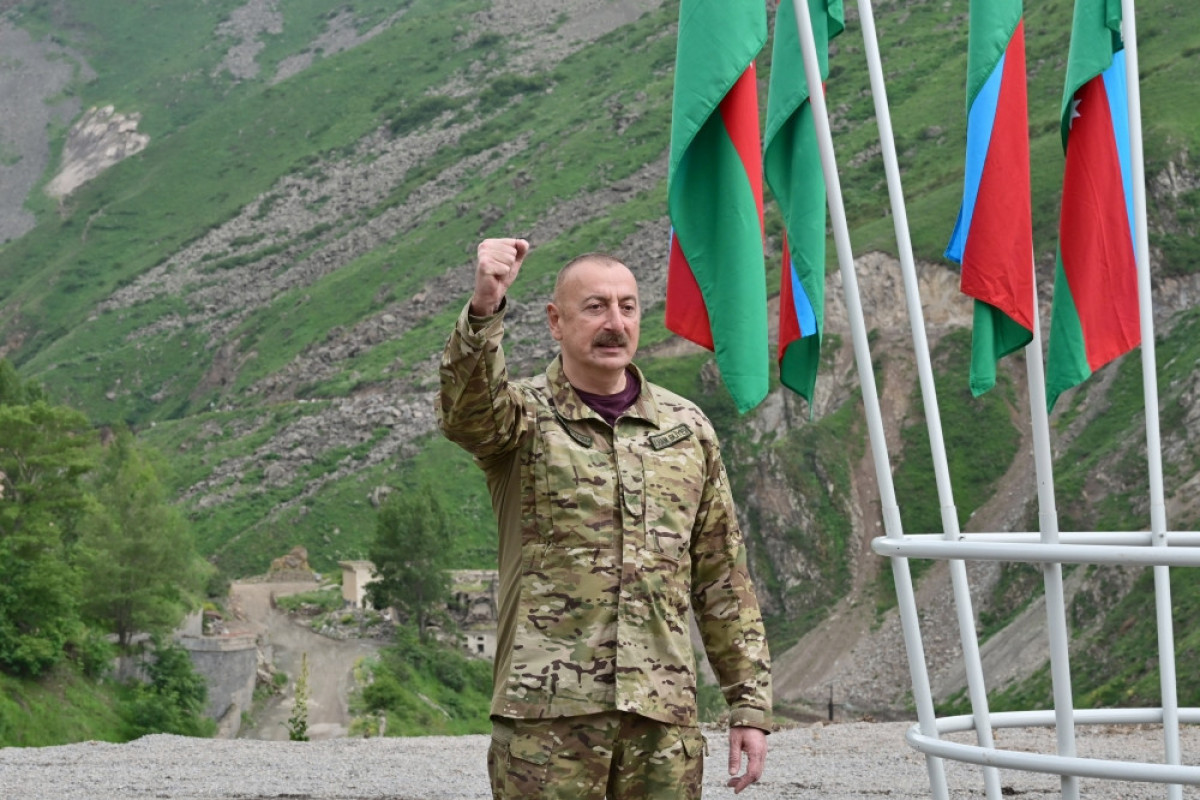
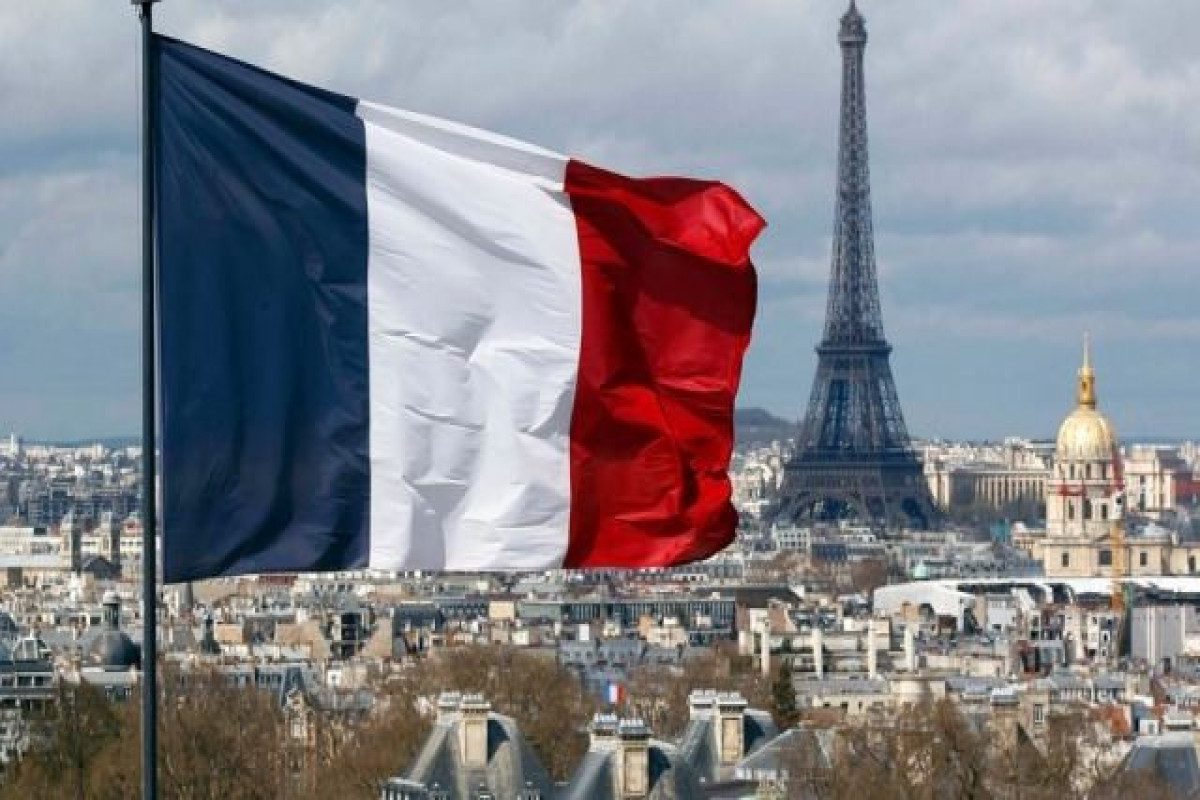
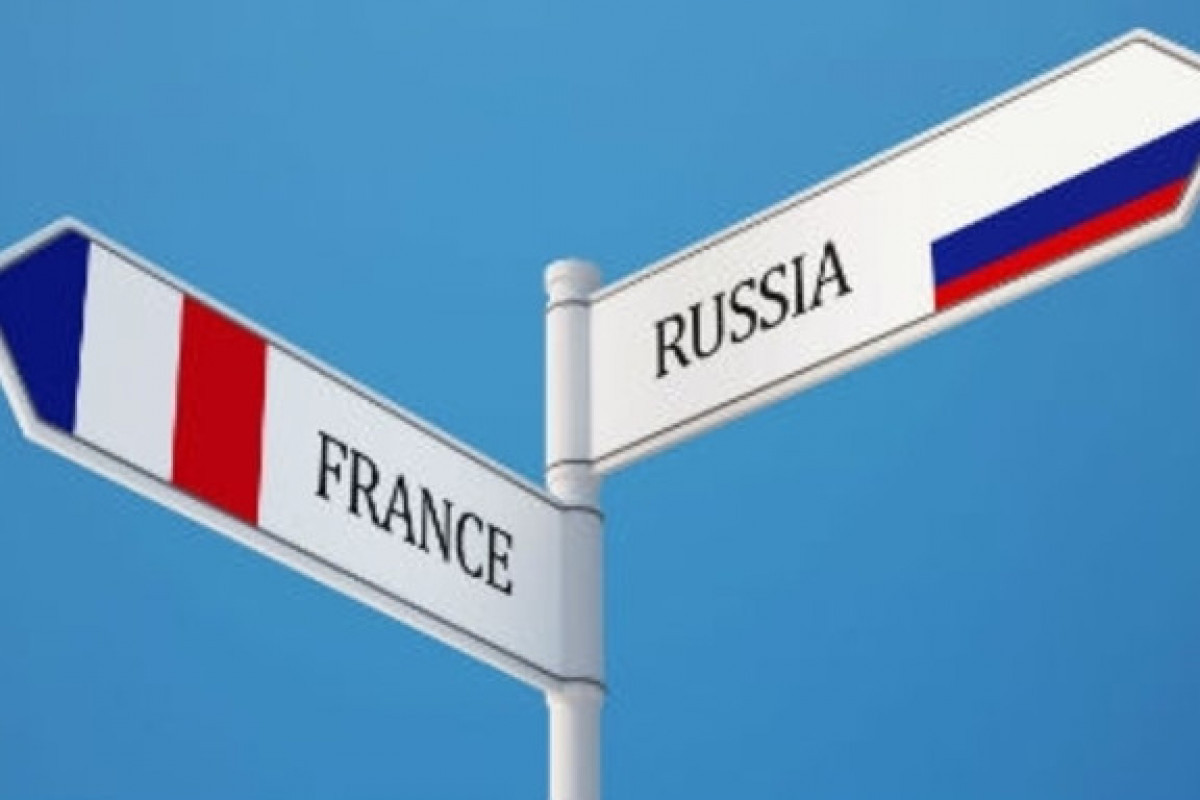 ANALYSIS'>
ANALYSIS'>
